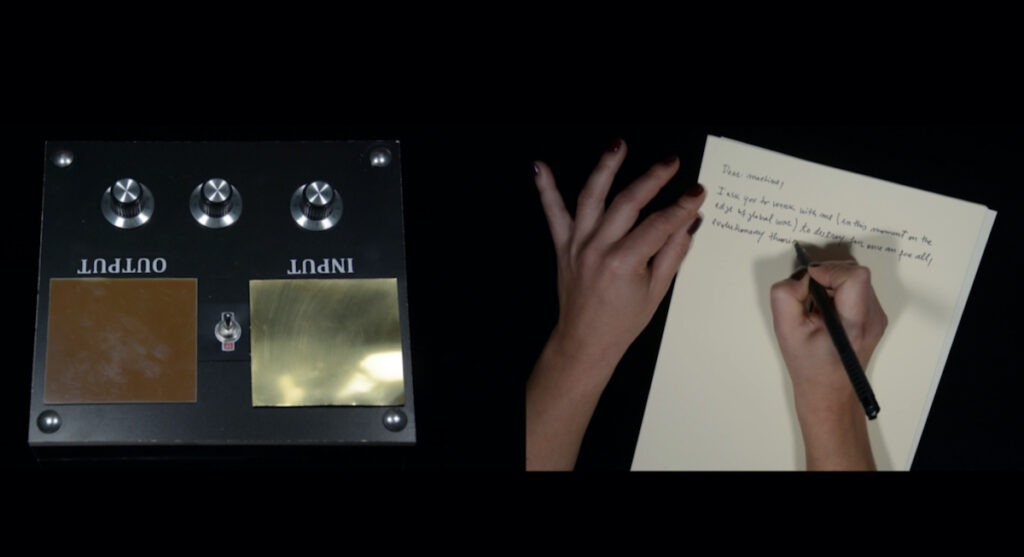
How can a “true conception of reality” be established contemporaneously, and how does it influence us as individuals and as a collective? Is our truth an individual perception or a common belief constructed by the masses? How does truth affect where we are and the way we care for each other (as humans and non-humans)? Is unraveling the truth a way to trigger social change? What makes us wish for change and what are we able to change on our own? Which personal tools or senses do we resort to in order to distinguish truth from falsity? Will the pursuit of truth emancipate us? Ultimately, can technology be an asset in the pursuit and repair of truth, even if used within fictional scenarios?
These are just some of the questions I look forward to discussing and elaborating on with some amazing Bay Area participants during the upcoming four-week online exchange. The workshops will surely challenge us to collaboratively dialogue, brainstorm, analyse, create, invent, imagine, dream, and speculate on alternative interfaces as tool kits to unravel and demystify complex systems (such as the perception of truth). These questions will also help to position us critically towards what has changed, what is changing, and what can be changed in that regard.
Since 2006, I have been teaching and offering hands-on workshops on media art, inspired particularly by the idea of demystifying and "demythifying" the apparatus. My practice is grounded in hacking philosophy and along with many other post-internet artists, I have a lot of fun with subverting the system, reverse engineering, hacking creative processes, defending access, and openismus. One of my main topics of interest is interactive haptic visuality. In my artistic practice, I seek to subvert visuality as a primary mode of experience, playing with technology as a means to expand and stimulate corporeal perceptions.
I also feel very privileged to be part of a feminist hacking community based in Vienna, Austria — Mz* Baltazar’s Laboratory. With the folks in this Hackerspace, I have learned to break with feminine gender scripts, transgress gender norms, and embrace technological challenges through feminist lenses. Feminist hacking is about fostering a culture of fearless making, activism, and provocative thinking from a queer, non-binary, and female* perspective. I believe that these are very strong and necessary tools for individual and collective emancipation that will guide us through this cultural and social international exchange. I am looking forward to learning and hearing from all the participants and hopefully, with a feminist touch, touching some of the truths we wish to unravel.
We will keep in touch!
Patrícia
Feature image credit: Patrícia J. Reis, The Wishing Machine Project (2016). Still frame from dual-channel video installation. Still courtesy of Patrícia J. Reis.